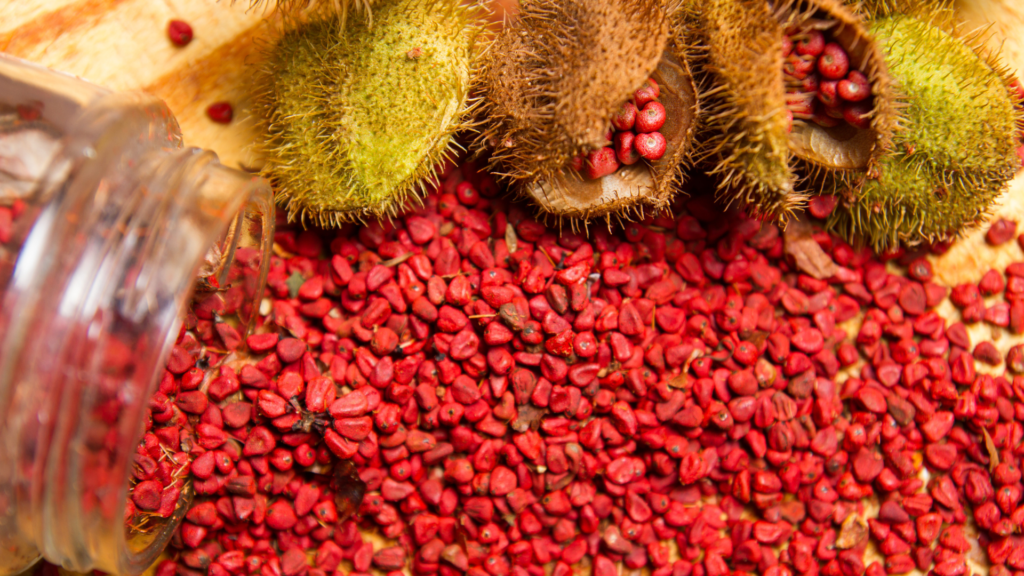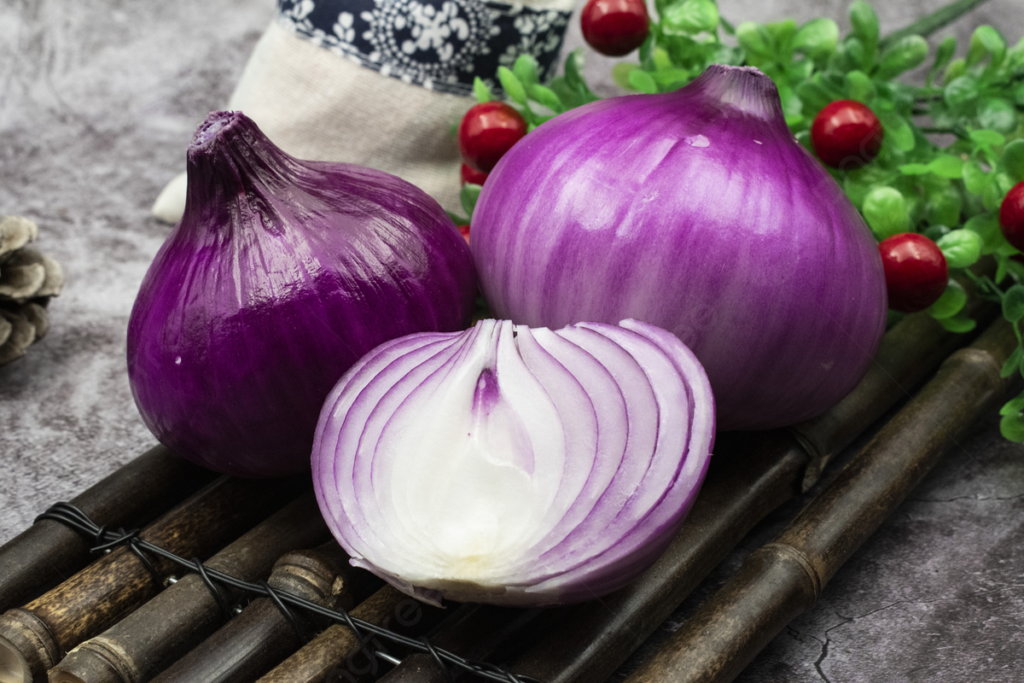Spirulina
Spirulina: A Nutritional Powerhouse
Spirulina is a blue-green microalgae that has gained popularity as a superfood due to its exceptional nutritional content and potential health benefits. It has been consumed for centuries by various cultures and is now widely available in various forms, including powders, capsules, and tablets. Here’s a closer look at the remarkable properties of spirulina:
Nutritional Profile:
- Protein: Spirulina is renowned for its high protein content. It contains all essential amino acids, making it a complete protein source. Gram for gram, it can rival or surpass traditional protein sources like meat, eggs, and dairy.
- Vitamins: Spirulina is rich in vitamins, particularly B vitamins such as B1 (thiamine), B2 (riboflavin), B3 (niacin), and B6 (pyridoxine). It also contains vitamin K and small amounts of vitamins A, C, and E.
- Minerals: It’s a good source of essential minerals like iron, magnesium, potassium, and calcium. Spirulina’s iron content is especially noteworthy and is often promoted as a natural iron supplement.
- Antioxidants: Spirulina contains powerful antioxidants like phycocyanin and beta-carotene, which can help protect cells from oxidative damage and reduce inflammation.
- Fatty Acids: It provides a range of essential fatty acids, including gamma-linolenic acid (GLA), which has anti-inflammatory properties and may benefit skin health.
Health Benefits:
- Nutrient-Dense: Spirulina’s dense nutritional profile makes it a valuable addition to vegetarian and vegan diets, providing essential nutrients often lacking in plant-based diets.
- Antioxidant Properties: Its antioxidant compounds can help combat oxidative stress and lower the risk of chronic diseases, such as heart disease and certain cancers.
- Anti-Inflammatory: Spirulina’s anti-inflammatory effects may alleviate symptoms in conditions like arthritis and allergies.
- Immune Support: Some studies suggest that spirulina can enhance the immune system, potentially reducing the frequency and severity of infections.
- Cholesterol Management: It may help lower LDL cholesterol levels and raise HDL cholesterol, promoting heart health.
- Detoxification: Spirulina’s chlorophyll content supports the body’s natural detoxification processes.
Usage and Safety:
Spirulina is generally considered safe for most people when consumed in recommended doses. However, it’s essential to purchase spirulina from reputable sources to avoid contamination.
It is available in various forms, including powder, tablets, and capsules. The appropriate dosage varies depending on individual needs, but a common recommendation is 1-3 grams per day.
Conclusion:
Spirulina is a nutritional powerhouse that offers a wide array of health benefits. Whether you’re looking to boost your protein intake, increase your antioxidant intake, or improve your overall nutrition, spirulina can be a valuable addition to your diet. As with any dietary supplement, it’s advisable to consult with a healthcare professional before incorporating it into your daily routine, especially if you have underlying health conditions or are pregnant or breastfeeding.
Other Products
How We Work
Our Process
Our Lines up of activities ensure you get the desired product, in the set quality parameter, on time! Request a quote and get things moving now.
Procurement
Specialised Source Points for our products.
Sorting & Cleaning
Handpicked Quality comes from here.
Packaging
Best-in-class materials to ensure safe transit
Delivery
We plan each activity as per Shipping Line Schedules.







